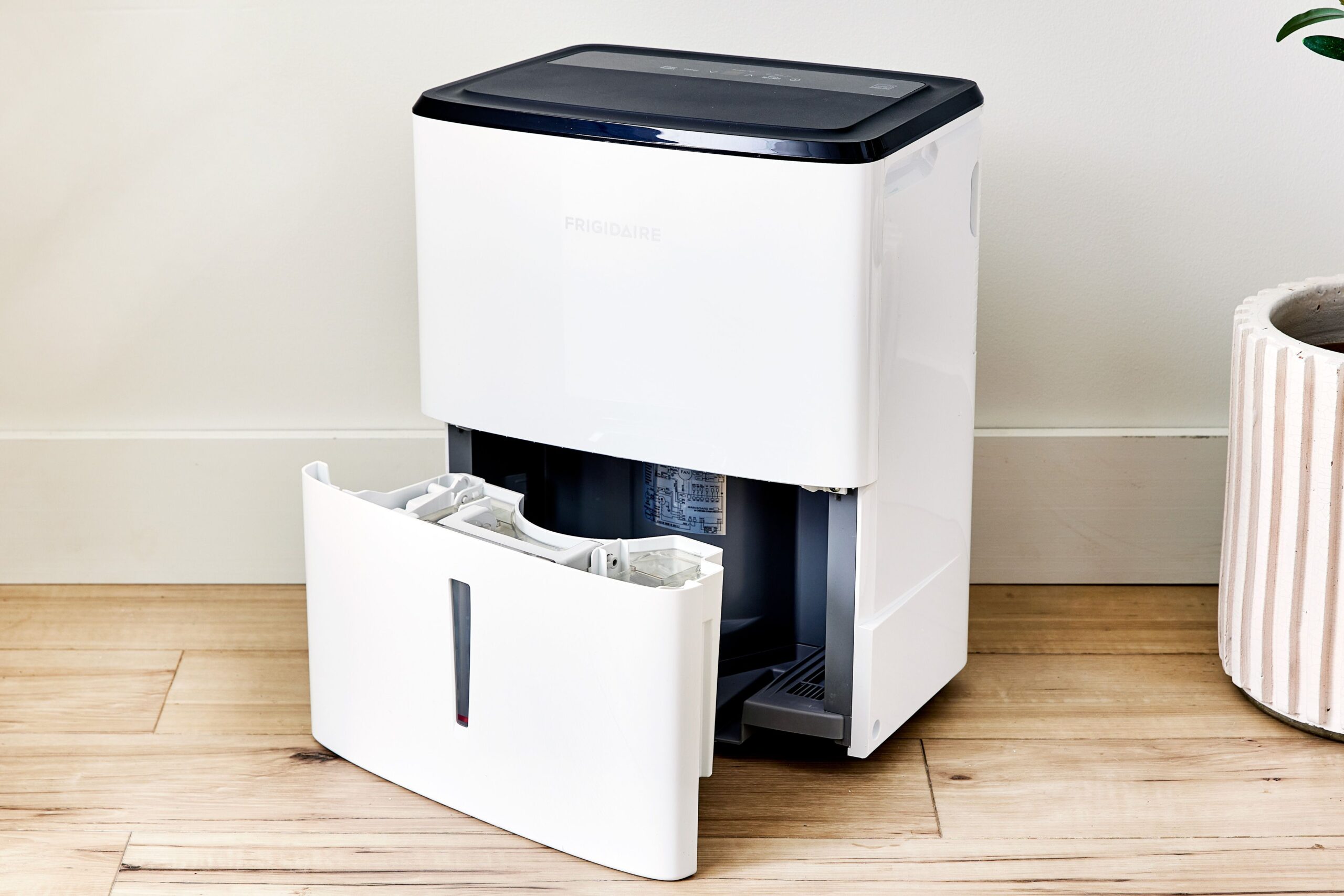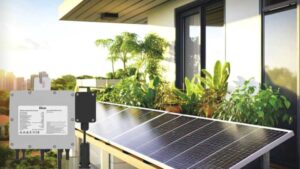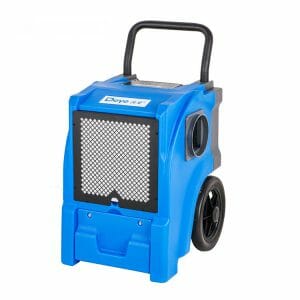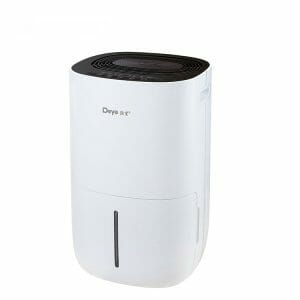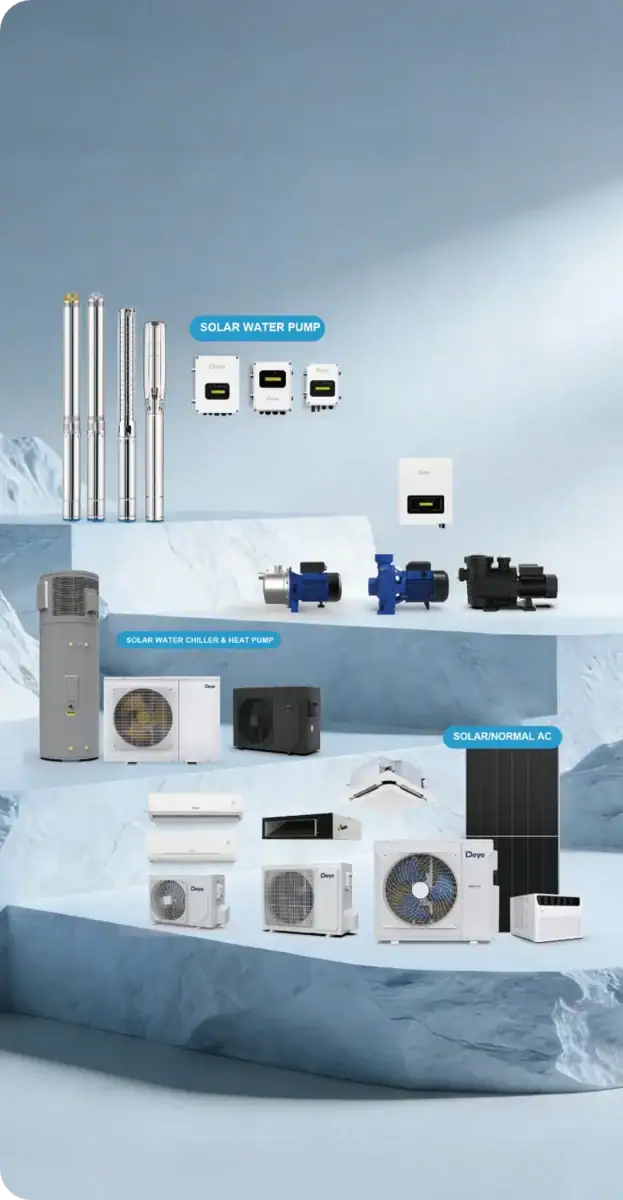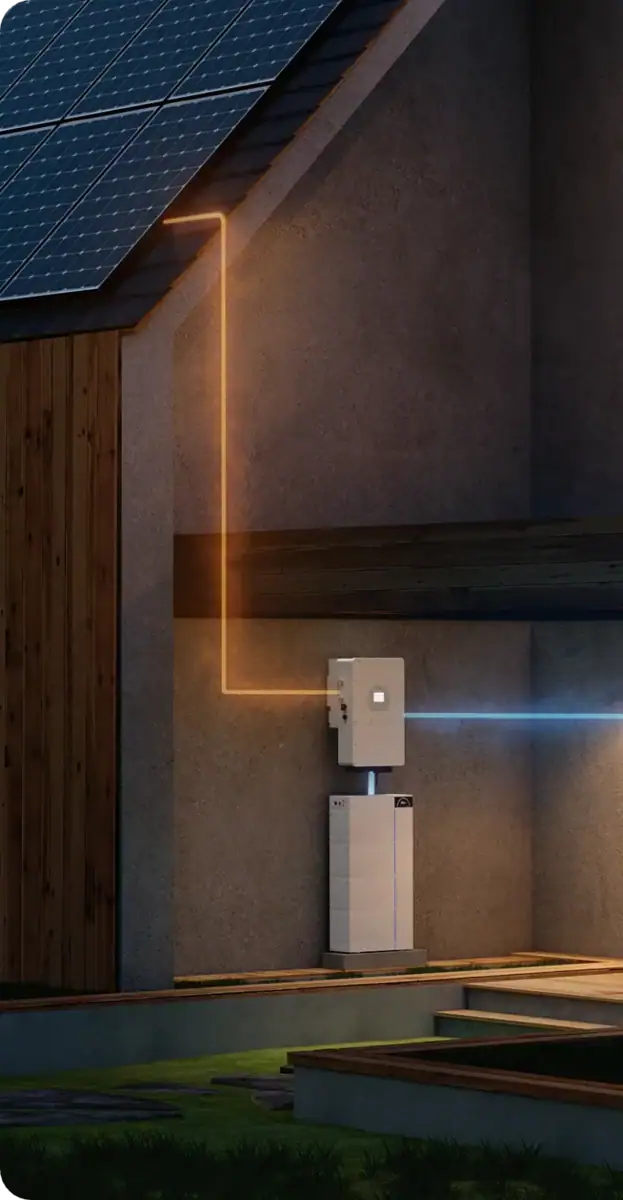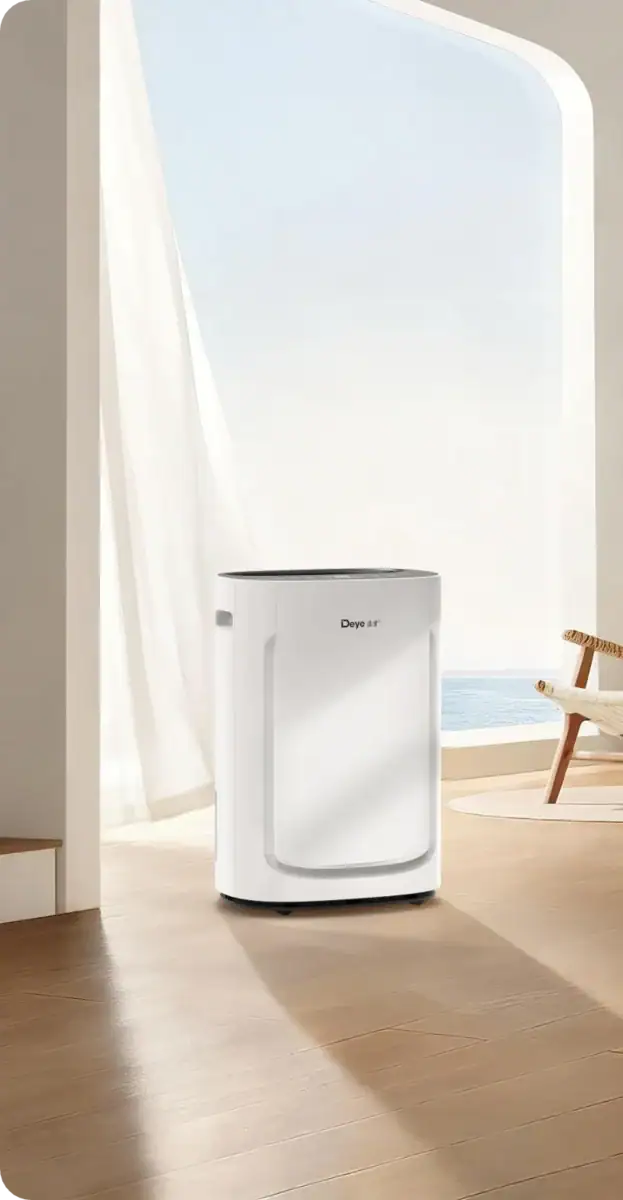It is common to feel sick in your seemingly clean home. If this is the case, pollutants in the air may be to blame. However, you don’t have to be concerned because you can find a perfect answer in an air purifier and a dehumidifier.
You’re probably wondering the difference between an air purifier and a dehumidifier and which one is preferable. Continue reading if this is the case. This post will discuss the differences between air purifiers vs. dehumidifiers and determine which is best for your space.
How Do Air Purifiers and Dehumidifiers Work?
Many people are confused about the functions of these two appliances because, at first glance, each of these appliances appears to perform the same thing. They do, however, work in a somewhat different way. Let’s have a look at how.
Air Purifier
The major function of an air purifier, as the name implies, is to purify the air. It circulates the air in your room or house, cleaning it of dangerous impurities. Inside this electrical equipment, there are special filters that may collect particles. The air purifier will remove various toxins depending on the filter used.
If your home has a damp or musty odor, the air purifier can help you get rid of it. The air purifier can clean the air by trapping dust mites, chemicals, bacteria, allergies, pet dander, and other contaminants. Furthermore, because its filters can collect mold spores in the air, it can help prevent mold.
There’s also a wide choice of air purifier models and types, including advanced models with an activated carbon filter. This is useful for removing odors from home. You can also find an air purifier with a reusable filter. The filter can trap pollutants as thin as 0.3 microns, making it even more effective.
Dehumidifier
On the other hand, a dehumidifier can filter the air somewhat differently. Its major function is to lower the amount of moisture in the air. As a result, it can help to reduce the spread of hazardous microorganisms, resulting in cleaner air.
The majority of these gadgets include a sensor that monitors the humidity level in the basement or room. The dehumidifier turns on when that level is reached – ideally 50%. It draws in the air and removes any excess moisture collected and drained away. The dehumidifier can prevent pollutants like dust mites and mold from growing because they require moisture to thrive.
Desiccant and electrical dehumidifiers are both available. Furthermore, because they work on the same principle as dehumidifiers, your air conditioners can also act as dehumidifiers.
What is the Difference Between a Dehumidifier and an Air Purifier?
Many people assume an air purifier is the same as a dehumidifier. However, their difference lies in their mode of operation. The air purifier circulates and filters the air, capturing bacteria and microorganisms dangerous to humans.
Excess moisture in the air is reduced by the dehumidifier, which prevents microbes from forming in the first place.
On the other hand, the air purifier does a better job of purifying the air because it filters toxins unrelated to humidity. Both lead to cleaner, healthier air for you to breathe in the end.
Which Do You Need: Dehumidifier Vs. Air Purifier?
They target various things because they work in different ways. As a result, while deciding between an air purifier and a dehumidifier, your needs and circumstances will determine which option is best. If you merely want to get rid of a damp odor or look for the best dust removal machine, both machines will suffice.
However, if you have allergies or asthma and need the purest air possible, an air purifier is preferable. If you have a pet, an air cleaner will be required to eliminate all pet hair. If you have allergies and need to avoid dampness, a dehumidifier is the finest option.
Maintenance Tips for your Dehumidifier and Air Filter
To optimize performance, dehumidifiers require periodic cleaning of all coils and buckets and checking for frost on these coils.
Air purifiers can be kept in good working order by changing the filter every six months. The humidifier’s plates should be washed once a week if it has them. Remove the plates from the system and place them in the dishwasher or dunk them in the sink to clean them.
Why you Will Love Dehumidifiers
Mold, mildew, and dust mites are reduced: You won’t have to worry about mold, mildew, or dust mites growing in your home if you use dehumidifiers regularly. Homes with excessive moisture levels can cause allergy attacks.
Keeps food fresh: Many dry foods and grains benefit from being stored in low-humidity environments.
Reduces odor: You can get rid of stale and musty odors in your house by utilizing a dehumidifier to minimize damp or moist regions.
Controls that are simple to use: Dehumidifiers usually have straightforward controls and may even have convenient preset options.
Why you will Love Air Purifiers
Portability: Today’s air purifiers come in various tiny and portable sizes. These types are easily portable and can be moved from room to room.
Filter options: Always seek an air purifier with a HEPA filter, which can filter out even the tiniest particles. Some versions may include one or two pre-filters to trap bigger particles before reaching the primary HEPA filter.
Allergy-friendly: Anyone who suffers from pollen allergies, dust and pet dander allergies, or is sensitive to smoke will benefit from utilizing an air purifier.
Which Should you Buy: Air Purifier Vs. Dehumidifier?
Because these two useful products accomplish various duties, the answer is ultimately determined by your requirements. A dehumidifier is the greatest option for reducing mold, mildew, and moisture in your home.
However, if allergy relief and air quality are primary objectives, a portable air purifier is unquestionably the way to go. You might even want to combine the two goods to create the perfect home environment.
We are wholesale manufacturers of high-quality dehumidifiers. Please fill out the contact info to place an order.

